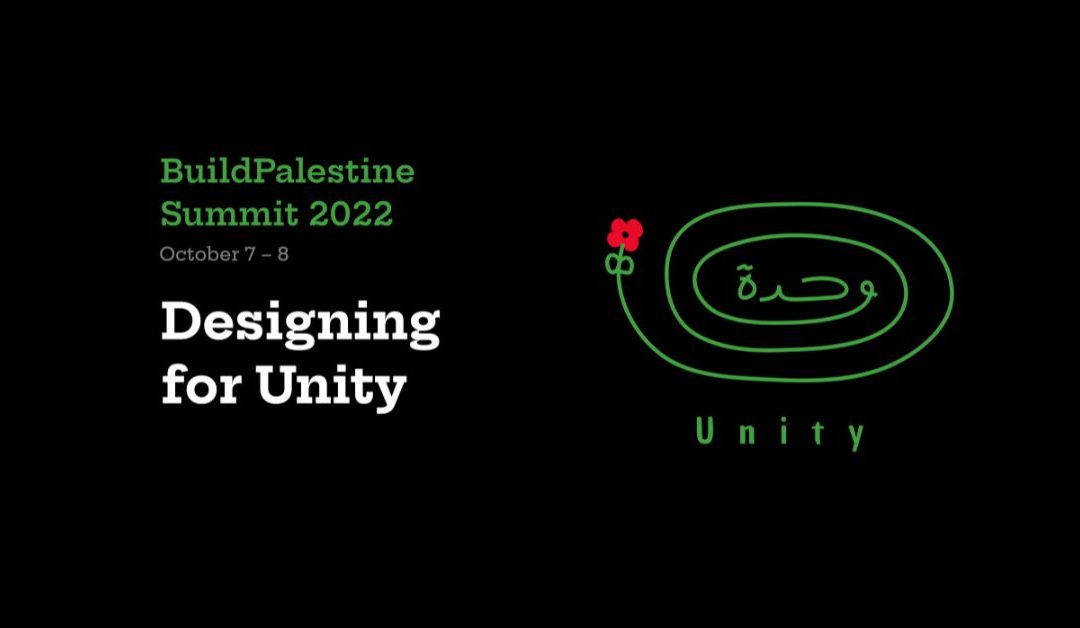Dear BuildPalestine Community,
Over 6 years ago, BuildPalestine was established as a place for Palestinians, wherever they may be, to come together to solve problems facing our community. In the process, we hoped to work towards building a liberated Palestine that can be an example to others struggling for freedom, justice, equality and democratic values.
We know that one of the biggest challenges we face as a community is unity. How can we unify to achieve our objectives – big and small – when our people remain divided by geography, politics, and socioeconomic circumstance? And how can we do so while embracing our diversity and differences? This year, BuildPalestine’s annual summit took up these very questions. We aimed to provide a safe, welcoming and open space for this conversation. Thanks to all of the summit’s participants and presenters, we believe we were able to achieve this during the two-day online gathering.
It is in this spirit, we would like to clarify an event that occurred the eve of the summit, when a speaker raised concerns about the participation of Amjad Iraqi, an editor for +972 Magazine, on the opening panel. The BuildPalestine team invited Amjad to the conversation on unity as a well-respected Palestinian writer, based in Haifa, who recently published an article in the Nation titled: Palestinian Resistance Tore Down the Green Line Long Ago.
The speaker decided to withdraw from the summit, posting later on Facebook that it contradicts his personal principles to engage with anyone who “cooperates with the colonizer”. Following that post, and with only hours before the summit was due to start, two other speakers indicated privately that they would also withdraw on the basis of Amjad’s participation. It was then that Amjad decided to withdraw from the opening panel so as not to jeopardize the success of the gathering.
The BuildPalestine team was deeply conflicted by Amjad’s withdrawal. Given the theme of the summit and to ensure Amjad’s voice was heard, we asked him to provide a statement to share during the opening panel. Below is that statement, and the full conversation can be viewed here.
Dear friends and colleagues, in light of some recent discontent among several speakers regarding my affiliation with +972 Magazine, I decided to withdraw my participation from today’s panel so as not to cause further trouble to the organizers or to put any fellow Palestinian speakers in discomfort.
I sincerely understand the critical views raised and deeply empathize with the reasons behind them. It is still unfortunate that a summit about unity should have to witness a live demonstration of disunity, based on what I fear are simplistic and mistaken assumptions about who I am, what my site represents, and what counts as legitimate Palestinian movement work. We are a diverse and complex society with many grey zones and contradictions, and any attempt to pretend otherwise — or to enforce a singular view of what we should be and how we should struggle — is a misrepresentation of who we are and a hindrance to our cause.
All the same, I do not wish to be a source of tension at this event, and hope the summit moves forward in good spirits. I’m grateful to the organizers for their support and hard work, and look forward to watching the summit as a fellow Palestinian.
Palestinian civil society, through much consensus-building over the years, has developed guidelines and a compass to assist the movement in determining what is or is not normalization. Such assessments must be done with care so that they do not become a weapon that divides our community or are used to attack individuals who have been working tirelessly within our civil society spaces against settler colonialism.
As Palestinians, we do not stand for any form of oppression. We must allow our shared values to lead our movement, and find intentional ground for us to co-resist alongside allies inside and outside Palestine.
Nonetheless, the BuildPalestine team believes that the episode turned out to be an important opportunity to engage in this much-needed conversation in an appropriately nuanced way, and a tangible learning experience for us all about the meaning of unity.
Unity is not only about how we overcome our differences during moments like the Unity Intifada in 2021: it is about how we engage with each other day in and day out, and the grace and love we show each other so that we can successfully strategize and build for the long haul of this struggle. More than one hundred years have passed now with us resisting colonization and many more years of resistance await us. The only way we can do this is together. So let’s build.

